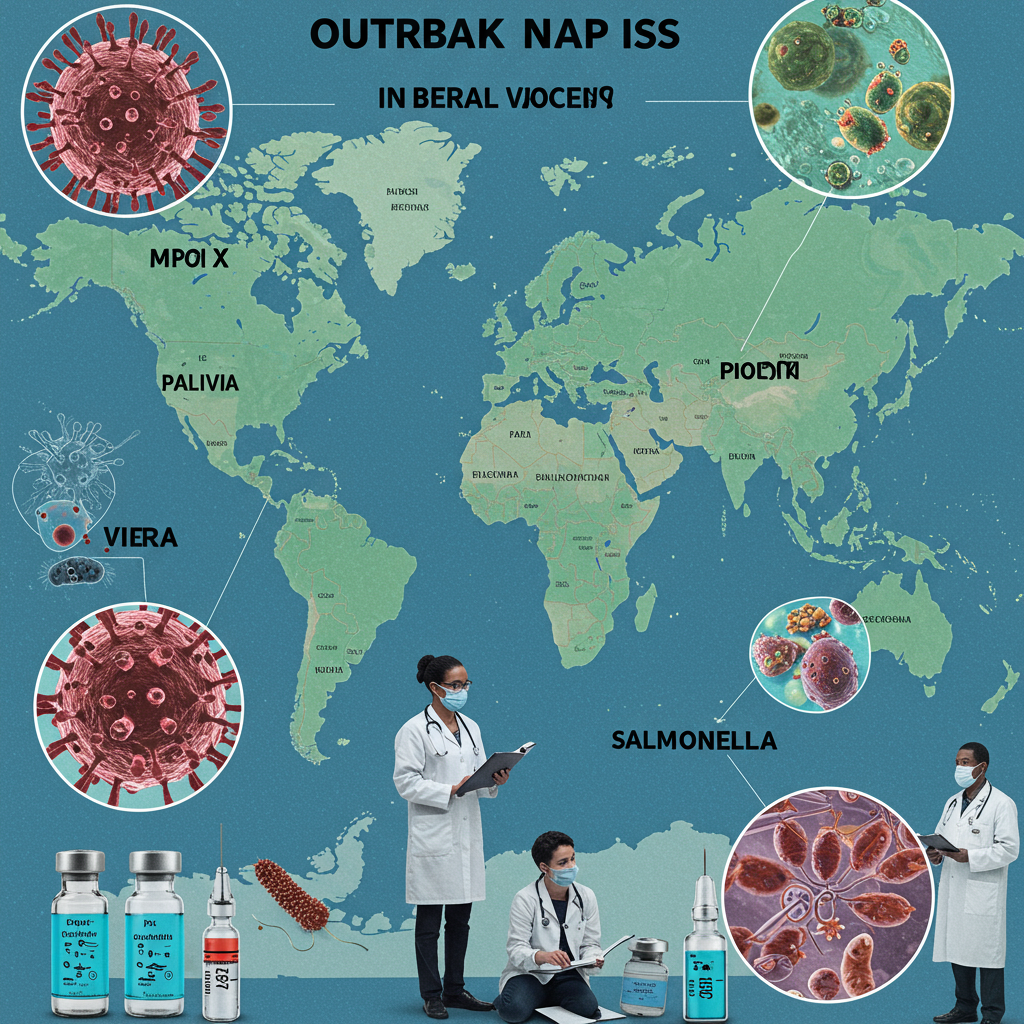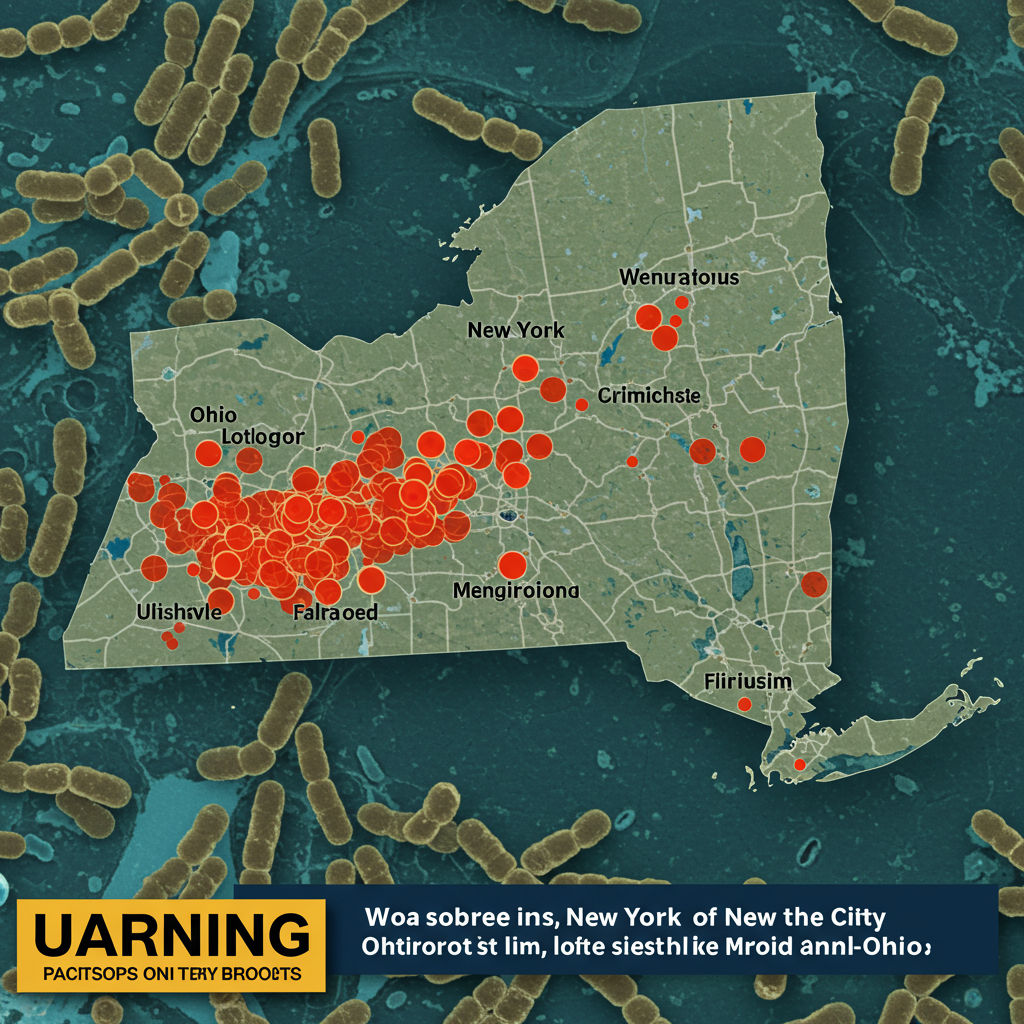Groundbreaking research suggests there may be no safe amount of processed meat you can eat without increasing health risks. Experts analyzing dozens of previous studies found strong evidence linking even small, regular portions of foods like bacon, sausage, and deli meats to higher odds of developing serious conditions. This finding reinforces long-standing dietary guidance but adds urgency by highlighting that minimal consumption still poses detectable danger.
This comprehensive analysis, published in the journal Nature Medicine, didn’t stop at processed meat. It also flagged sugar-sweetened beverages and industrially produced trans fats as significant dietary culprits associated with increased disease risk. The study looked specifically at the connection between consuming these foods and the likelihood of developing type 2 diabetes, colorectal cancer, and ischemic heart disease – a condition where reduced blood flow compromises heart function.
Unpacking the Study Findings
Researchers synthesized data from over 60 prior studies to assess the relationship between diet and major diseases. They used a sophisticated method called the “burden-of-proof” analysis. This technique goes beyond traditional meta-analysis by evaluating not just the strength of the association across multiple studies but also the quality and reliability of each individual piece of research. While conservative in its results, this approach provides a robust assessment of the evidence linking dietary habits to health outcomes.
The findings were stark: habitual consumption of even small amounts of processed meat, sugary drinks, and trans fats was tied to elevated risks of type 2 diabetes, ischemic heart disease, and colorectal cancer. Dr. Demewoz Haile, the lead author from the Institute for Health Metrics and Evaluation, emphasized this link for even minimal intake.
Quantifying the Increased Risk
The data provided concrete examples of how even seemingly small amounts can impact risk. The analysis showed that individuals who consumed the equivalent of just one hot dog daily faced an 11% higher risk of developing type 2 diabetes. They also saw a 7% increased risk for colorectal cancer compared to those who avoided processed meats altogether.
Sugar-sweetened beverages showed similar trends. Drinking roughly one 12-ounce soda per day was linked to an 8% increase in type 2 diabetes risk. It also correlated with a 2% higher risk of ischemic heart disease. Dr. Nita Forouhi, a nutritional epidemiology expert at the University of Cambridge, noted that this research consistently aligns with earlier studies, reinforcing the advice to minimize or avoid these foods for health gains.
The data clearly indicated that as consumption increased, so did the associated health risks. Importantly, for processed meat specifically, the evidence strongly suggested there was no observable “safe” threshold where risk ceased to increase.
Why the Association is Stronger Than It Looks
While percentage increases might seem modest at first glance, experts caution against underestimating the findings. Dr. Mingyang Song, an associate professor at the Harvard T.H. Chan School of Public Health, who was not involved in this specific study, described the findings as “remarkably consistent and remarkably strong.” He highlighted that increased risk was evident even at lower consumption levels. The rigorous burden-of-proof method used in the analysis, despite its conservative nature, underscored the robustness of these associations.
It’s crucial to remember the nature of the studies included in this analysis. They were primarily observational studies. This means they can identify associations between diet and disease but cannot definitively prove direct cause and effect. Furthermore, relying on people accurately recalling their dietary patterns can introduce potential for error or misreporting.
Dr. Gunter Kuhnle, a professor of nutrition and food science at the University of Reading, pointed out that even advanced analytical techniques can’t fully overcome the inherent limitations in dietary data collection. Nutritional epidemiology, by its nature, often relies on self-reported information, which presents a consistent challenge in the field.
Understanding the Biological Links
There are several plausible reasons why processed meats, sugary drinks, and trans fats are linked to chronic diseases.
Inflammation: Processed meats (like bacon, sausages, salami, and many burgers) and sugary beverages can both trigger chronic inflammation in the body. Inflammation plays a significant role in the development and progression of numerous long-term health conditions, including heart disease and certain cancers.
Carcinogens: Processed meats are often preserved using nitrites. In the stomach, these nitrites can be converted into compounds called nitrosamines. Nitrosamines are known carcinogens, substances that can promote the formation of cancer, particularly colorectal cancer.
Cholesterol Impact: Trans fatty acids are notorious for negatively impacting cholesterol levels. They decrease beneficial HDL cholesterol while increasing harmful LDL cholesterol. This unfavorable shift is strongly linked to the buildup of plaque in arteries (atherosclerosis), a primary driver of heart disease.
These biological mechanisms provide a scientific basis for the observed associations between consuming these specific food categories and elevated disease risk.
Focusing on a Healthier Path
While observational data cannot definitively state that reducing these foods causes lower risk, the strong associations uncovered by this comprehensive analysis strongly suggest that minimizing consumption is a wise dietary choice. Instead of aiming for absolute perfection, experts recommend adopting a sensible, varied, and balanced dietary pattern.
Dr. Kuhnle advises avoiding excess while still allowing room for enjoyment in your diet. Food serves vital cultural, social, and pleasure-related functions beyond just providing nutrients. Reducing food solely to a list of risks overlooks this important perspective.
Beyond avoiding certain foods, building a healthy diet involves actively including nutrient-rich options. Broader nutritional research consistently shows the benefits of dietary patterns high in:
Fruits
Vegetables
Whole grains
Legumes (beans, lentils)
Nuts
- Fermented dairy products (like yogurt)
These foods contribute positively to overall health and longevity. Focusing on incorporating these healthy components can naturally help displace less beneficial items from your diet.
Frequently Asked Questions
What health risks are associated with processed meat, sugary drinks, and trans fats?
New research indicates that consuming even small amounts of processed meats, sugar-sweetened beverages, and trans fatty acids is linked to an increased risk of several major diseases. Specifically, the study found associations with higher rates of type 2 diabetes, colorectal cancer, and ischemic heart disease. Processed meats contain compounds like nitrites that can form carcinogens, while trans fats negatively impact cholesterol, and both processed meats and sugary drinks can promote inflammation, contributing to various chronic conditions.
Does “no safe amount” of processed meat mean I can never eat it?
The finding of “no safe amount” means that the research didn’t identify a threshold below which there was zero increased risk. Even very small, habitual consumption was associated with higher odds of disease compared to zero consumption. Experts suggest minimizing or avoiding processed meat consumption for significant health gains. While avoiding it entirely is the safest approach based on this data, the overall focus should be on adopting a balanced dietary pattern that prioritizes healthier options rather than inducing panic over occasional consumption.
What types of foods should I prioritize for a healthier diet instead of processed options?
Experts recommend focusing on a varied and balanced diet that minimizes processed meats, sugary drinks, and trans fats. Instead, prioritize foods that are rich in nutrients and linked to positive health outcomes. These include significantly increasing your intake of fruits, vegetables, whole grains, legumes, and nuts. Including fermented dairy products like yogurt can also be beneficial. Building meals around these foundational food groups helps create a healthy dietary pattern that supports long-term well-being.
Conclusion
The latest research offers a clear, if challenging, message regarding processed meats: even small, regular consumption appears linked to increased health risks with no identifiable “safe” level. This finding, coupled with reinforcing warnings about sugary drinks and trans fats, underscores the importance of dietary choices in preventing major diseases like type 2 diabetes, colorectal cancer, and heart disease. While observational data has limitations, the consistency and strength of the evidence across numerous studies are compelling. The takeaway is not to panic, but to recognize the evidence and make conscious choices. Shifting dietary patterns to minimize these specific items while maximizing intake of fruits, vegetables, whole grains, legumes, and nuts represents a practical and powerful step towards better health and longevity. Prioritizing a balanced, enjoyable diet over restrictive perfection is the recommended path forward.




